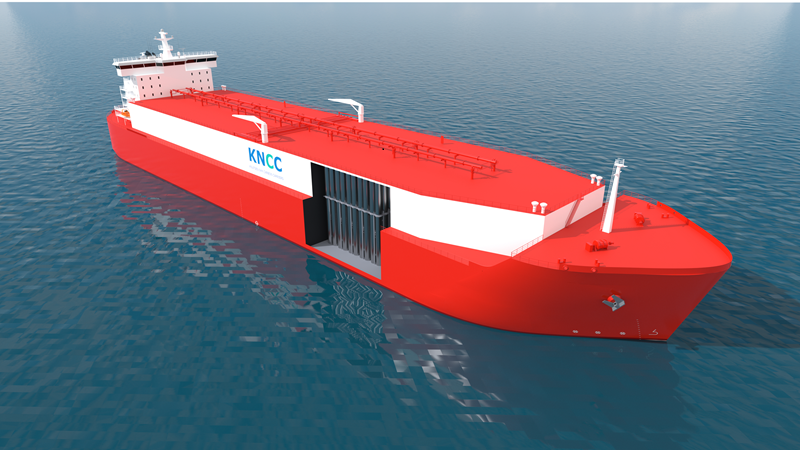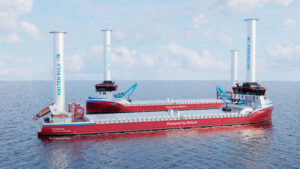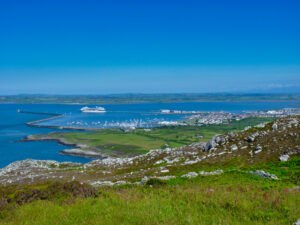Japanese shipowner Nippon Yusen Kabushiki Kaisha (NYK) and its affiliate Knutsen NYK Carbon Carriers AS (KNCC) based in Norway are to conduct a joint constructability study of a 40,000-cbm terminal-to-terminal liquefied CO2 vessel.
The partners said the vessel will be based on KNCC’s technology of LCO2-Elevated Pressure Cargo Tanks together with Nihon Shipyard Co., Ltd., a joint venture for ship design and sales between Imabari Shipbuilding and Japan Marine United Corporation.
KNCC will provide the technical and regulatory expertise on the LCO2-EP vessel, whilst NYK will develop the overall policy and evaluate the constructability and appropriateness.
“While CCS is still in its developmental stage in terms of technology and market structure, the joint study of the LCO2-EP terminal-to-terminal vessel with KNCC and NYK is an important step for us to bring one of the viable options to the market,” said Tomoaki Takahira, director, chief of design division NSY.
Tsutomu Yokoyama, executive officer NYK, noted: “This joint study with NSY will be another key milestone for us as it will provide the capability through KNCC to offer LCO2-EP marine transportation service in addition to MP and LP. We will continue to study the establishment of a system for the construction of LCO2-EP vessels to support the development of CCS projects globally.”
Oliver Hagen-Smith, chief executive of KNCC said the design of the LCO2-Elevated Pressure (EP) Cargo Tanks features vertical cylinders that can be mass-produced through automated processes using standard materials.
NYK highlighted that carbon dioxide capture and storage (CCS) is a technology to capture CO2 at the source such as power plants, chemical plants, and the like by separating CO2 from other gases, compressing the CO2 for transportation, and then injecting the CO2 deep into underground or undersea rock formations at a carefully selected and safe site, where the CO2 is permanently stored.



